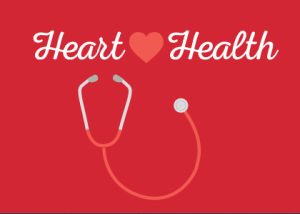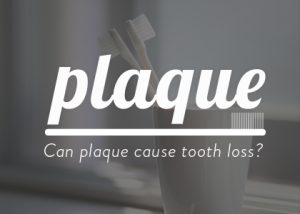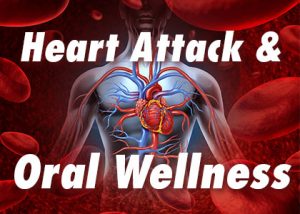Finding Your Oasis: Food & Drinks for Dry Mouth
Xerostomia is the technical term for dry mouth, the condition that results from absent or reduced saliva flow. It is not a disease on its own, but it may be a side effect of medication or radiation treatments. Xerostomia affects about 20% of the elderly population—not because of their age, but due to the increased likelihood of using medication or having radiation therapy that causes dry mouth. Family Dental Health is here to discuss some foods and beverages to alleviate the symptoms of dry mouth.
Food & Beverages that Help Dry Mouth
8-12 glasses of water per day are ideal to keep saliva production on track, so making a habit of carrying a water bottle with you is a great idea. Sugar-free juices, reduced-sugar sports drinks, club soda, and herbal tea with lemon are good beverage choices when you just can’t stand the idea of drinking any more water.
A soft, high-protein diet is recommended for people with dry mouth. Substitute moist fish, eggs, and cheese for red meat. Serving food lukewarm or at room temperature reduces the chances of burning the mouth with hot food. To make bread or rolls easier to eat with dry mouth, soak them in milk or your favorite sauce to soften them. Eat moist casseroles and other foods that incorporate gravy, sauce, or broth in their recipes. Make smoothies, slushies, or shakes in the blender that incorporate milk alternatives like soy, almond, or rice milk (consumption of cow’s milk often produces thicker saliva and can worsen dry mouth).
More examples of soft natural foods that are helpful for people with dry mouth include tender meats like chicken and fish, smooth peanut butter, soups, canned fruits, soft-cooked/blended vegetables like carrots or celery, mashed potatoes, soft-cooked pasta, oatmeal, ice cream, pudding, and popsicles. Herbal flavor enhancers, condiments, and fruit extracts can be used to make food more flavorful, as the diet for dry mouth may seem bland to many.
There are also artificial saliva substitutes and stimulants that can help curb dry mouth, as can sugarless candies and chewing gums. Sucking on fruit pits from cherries or olives, and lemon rinds can help stimulate saliva flow, as do lemon drops and other hard candies, although be wary of excessive sugar intake.
Food & Beverages to Avoid for Dry Mouth
Increased water and fluid intake are recommended, but caffeinated fluids such as tea, coffee, and cola act as diuretics and are not ideal for xerostomia sufferers. If you’re craving soda, let it go flat prior to indulging. Alcohol consumption should also be limited or avoided.
Foods should not be excessively hot or cold, sugary, salty, spicy, or acidic, including citric fruits like tomato, grapefruit, orange, and pineapple and astringent foods like apple, pomegranate, pear, quinoa, legumes, tofu, sprouts, beans, and lentils. You should also avoid dry, crumbly foods like crackers, cereal, pastries, toast, and dry meat.
If you have any questions or concerns about dry mouth, contact your Portland dentist, Dr. David Case at Family Dental Health today and we’ll be happy to talk about solutions with you!
The content of this blog is not intended to be a substitute for professional medical advice, diagnosis, or treatment. Always seek the advice of qualified health providers with questions you may have regarding medical conditions.




